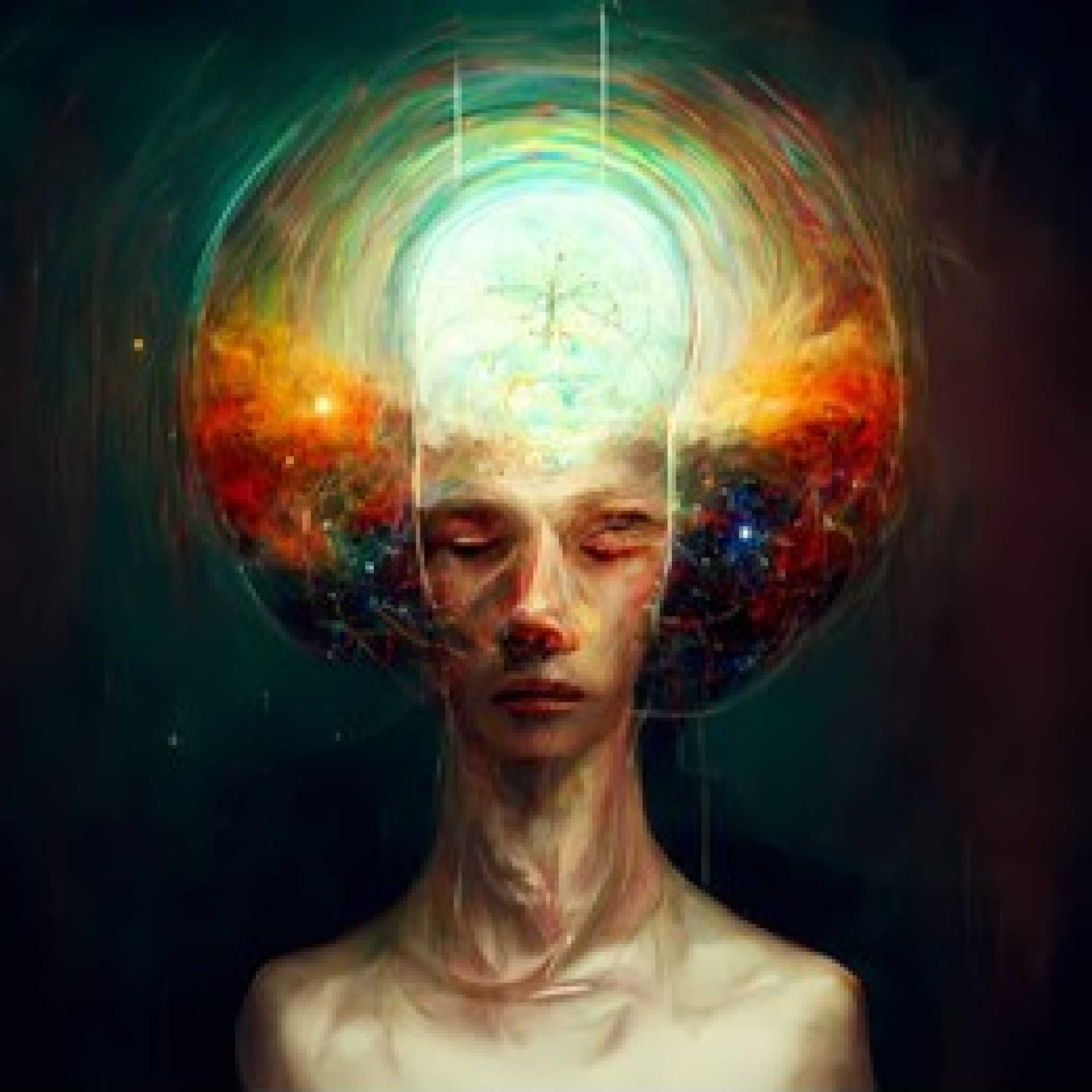
SANKHYA YOG AND COUNSELLING.
This week’s Chinthana session was on the topic, ‘Sankhya Yog and Counselling’ by Dr.
Krishna Dutt. Sankhya Yog speaks about realistic dualism, consciousness (Purush), and
nature (Prakriti).
Excerpts from the session:
✓ Nature is Trigunatmak, Rajogun (attachment, ambition), Tamogun (inactivity), and
Satvagun (being positive). All activities in our daily life like eating food, and the joy of
giving fall under these three Gunas, but it is ultimately important to adapt Satvagun
which will enable us to be in congruency with mind, body, and consciousness. This
can be observed even in the client as to what is his tendency in leading life.
✓ The time, the friends, the place, the income, and expenditure, the self, and the
power within, are the important aspects that an individual should revisit and rethink,
without which he would be caught up in the vicious circle of Rajoguna and tamogun.
✓ Sankhya Yog is Gyan marg which speaks about I am Brahm and all that happens is
through that Brahm. Yog speaks about yam, niyam, asana, pranayama, and
pratyahara which are also part of Sankhya Yog in addition to that Dharana, Dhyana
and Samadhi are also added to it to help an individual reach the self-awareness
stage.
✓ Karma Yog in Gita speaks about work as worship and surrender to the ultimate
authority. Bhakti Yog prevails in all the yogs, because once an individual realizes that
he is not the doer, surrenderance to the ultimate authority happens naturally.
✓ Gita says, in any intricate situation if an individual decides his role, the depression
and anxiety reduces. Once the role is decided, start doing the activity and surrender
to the ultimate authority. The intention of these activities has to be clear.
✓ If an individual internalizes the fact that he is responsible for his journey by being
aware and conscious, then he will be able to identify his role and will not be bound
by others’ journeys and get affected by the outcomes and results.
Gita books recommended – Eknath Easwaran, Bhagavad Gita for everyone, Gita from
Gorakhpur press (simple reference), Prabhupad’s Gita (ISKON)





